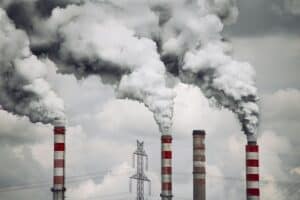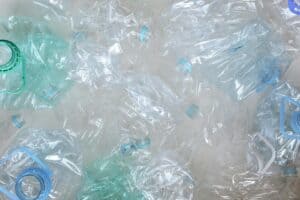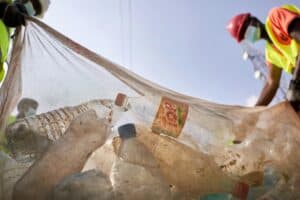Pollution is a critical global challenge that impacts the environment and human health. From air and water contamination to soil degradation, pollution takes many forms, and controlling it requires a multi-faceted approach. This blog explores actionable ways to control pollution, empowering individuals, communities, and governments to contribute to a cleaner, healthier planet.

How to Control Pollution
Understanding Pollution
Pollution refers to the introduction of harmful substances into the environment, disrupting ecosystems and endangering lives. Major types include:
- Air Pollution: Emissions from vehicles, industries, and burning of fossil fuels.
- Water Pollution: Dumping of plastics, chemicals, and untreated sewage into water bodies.
- Soil Pollution: Overuse of pesticides and improper disposal of waste.
Controlling pollution starts with addressing these key sources.
1. How to Control Air Pollution
Air pollution, one of the most dangerous forms, requires immediate action:
Reduce Vehicle Emissions
- Promote public transport, carpooling, and cycling to reduce the number of vehicles on roads.
- Switch to electric vehicles (EVs) or hybrid models and invest in renewable energy sources.
Control Industrial Emissions
- Implement stricter pollution standards for factories and industries.
- Install pollution-control technologies like scrubbers and filters in industrial units.
Prevent Construction Dust
- Cover construction materials and sprinkle water at sites to reduce dust.
- Use eco-friendly building materials that minimize environmental harm.
2. How to Control Water Pollution
Water pollution affects marine life, agriculture, and drinking water quality. Here’s how it can be addressed:
Treat Industrial Wastewater
- Mandate industries to install wastewater treatment plants.
- Enforce penalties for factories that discharge untreated waste into water bodies.
Reduce Plastic Waste
- Ban single-use plastics and promote alternatives like cloth bags.
- Set up effective recycling facilities to process plastic waste.
Clean-Up Drives
- Organize community-driven clean-up events for rivers and lakes.
- Educate people about proper waste disposal methods.
3. How to Control Soil Pollution
Healthy soil is crucial for food security and ecosystems. Measures to combat soil pollution include:
Adopt Sustainable Farming
- Encourage the use of organic fertilizers and crop rotation techniques.
- Reduce dependency on chemical pesticides by using natural pest control methods.
Proper Waste Disposal
- Segregate waste into biodegradable and non-biodegradable categories.
- Promote composting for organic waste to reduce landfill pollution.
4. Green Solutions to Control Pollution
Nature-based solutions are among the most effective ways to control pollution:
Urban Afforestation
- Plant trees along roads and highways to absorb pollutants and improve air quality.
- Establish green belts around industrial areas to minimize harmful emissions.
Vertical Gardens and Green Roofs
- Encourage the development of green walls and roofs in cities to reduce urban heat and absorb air pollutants.
5. How Technology Can Help Control Pollution
Innovations in technology offer promising solutions to tackle pollution:
Renewable Energy
- Shift from coal and oil to cleaner energy sources like solar, wind, and hydropower.
- Provide subsidies for solar panel installations to encourage adoption.
Smart Waste Management
- Use AI-powered waste segregation systems to improve recycling efficiency.
- Develop waste-to-energy plants to convert non-recyclable waste into usable energy.

6. The Role of Individuals in Pollution Control
Every individual can contribute to controlling pollution through simple, consistent actions:
- Reduce plastic use by opting for reusable items like bottles and shopping bags.
- Save electricity by turning off appliances when not in use.
- Participate in local clean-up drives and tree-planting initiatives.
7. Government Policies and Enforcement
Governments play a critical role in controlling pollution through regulation and incentives:
Stricter Environmental Laws
- Enforce penalties for pollution violations by industries and individuals.
- Implement emissions standards for vehicles and factories.
Incentivize Eco-Friendly Practices
- Offer tax benefits for businesses adopting sustainable production methods.
- Provide subsidies for renewable energy and electric vehicles.
Conclusion: Taking Action to Control Pollution
Controlling pollution is essential for safeguarding the planet and future generations. By adopting sustainable practices, enforcing regulations, and leveraging technology, we can reduce pollution and create a healthier environment. Let’s start today and work collectively toward a cleaner, greener world.



